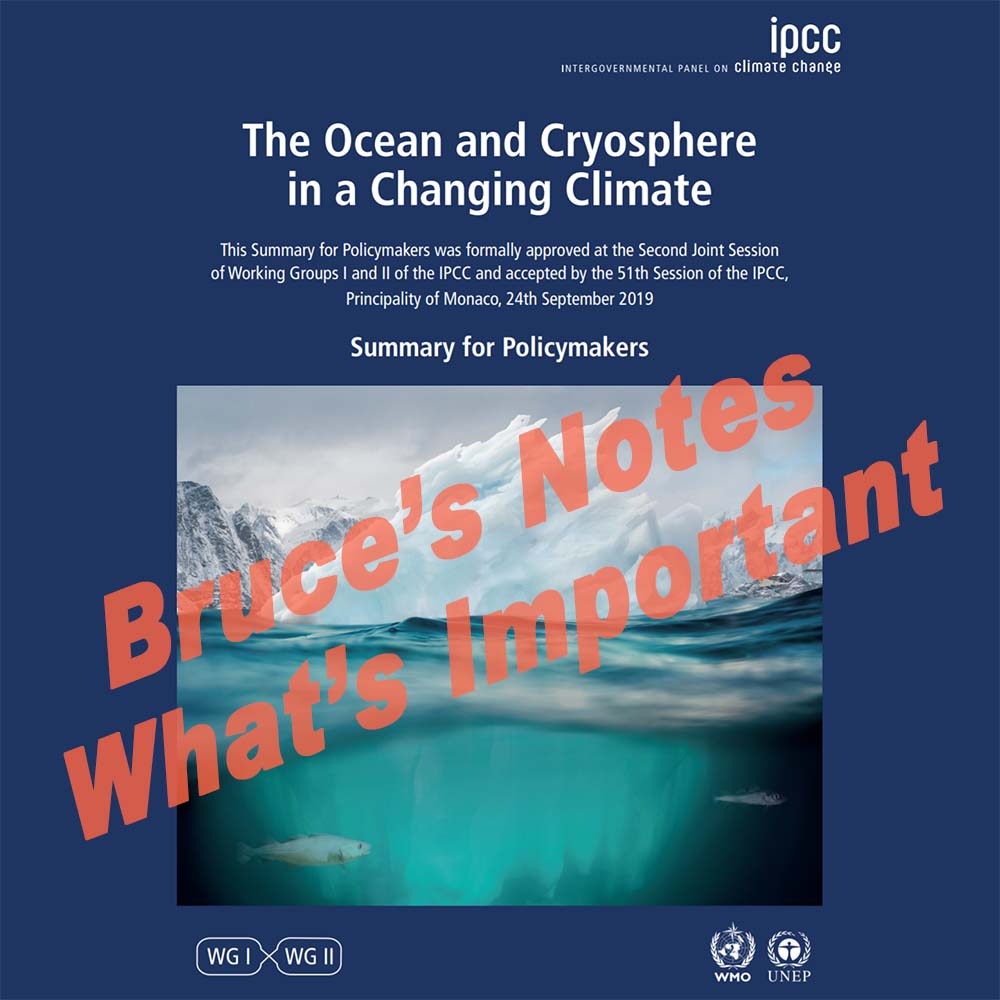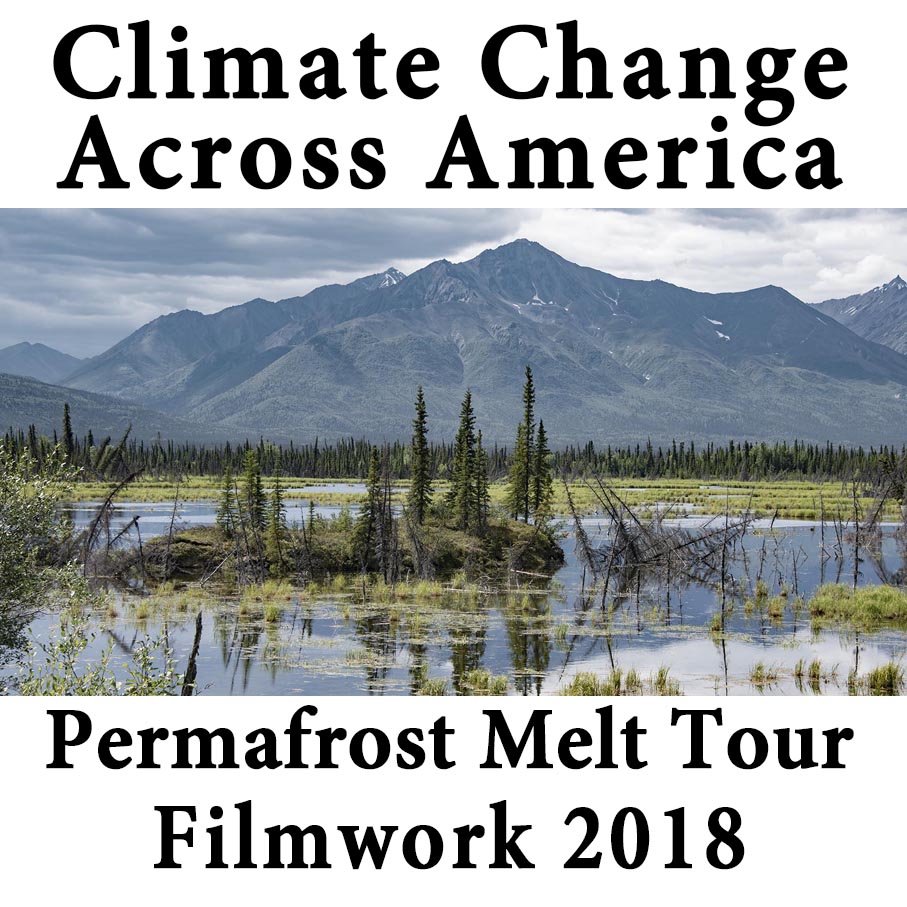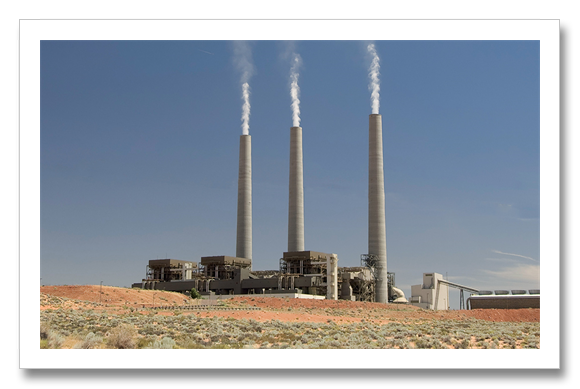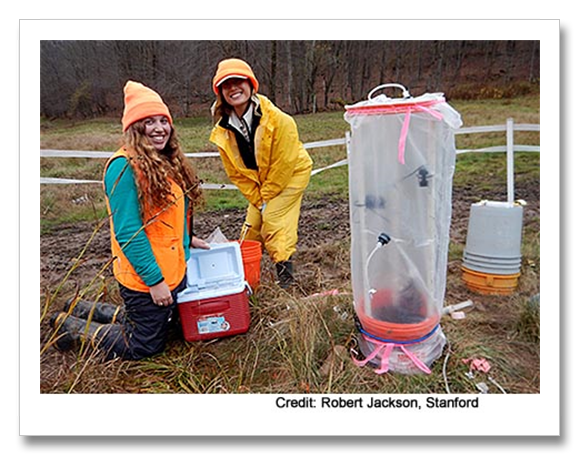
Rag Radio Podcast July 3, 2020 Environmental Researcher & Activist Bruce Melton On Rag Radio with Thorne Dreyer, Syndicated on Pacifica Melton talks with Rag Radio host Thorne Dreyer about ongoing massive permafrost collapse and the science showing the Covid-19 origina debate is ongoing, with compelling findings on pathogen reanimation from permafrost and long-held hypotheses…







